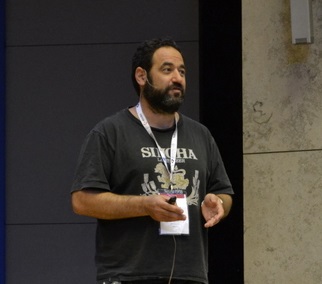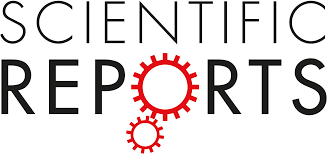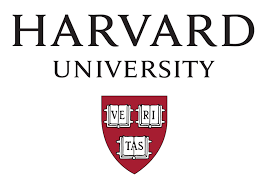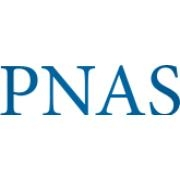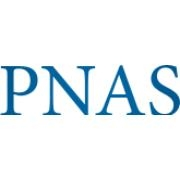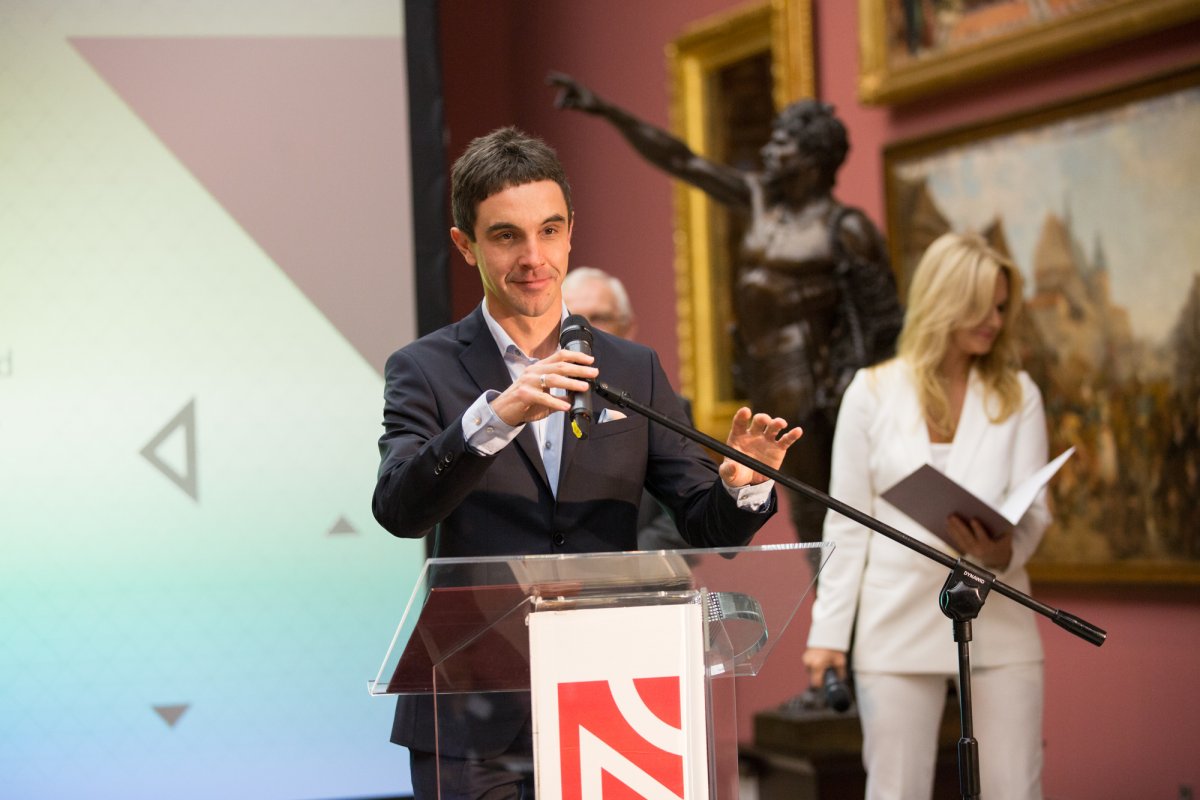PhD position - neuroimaging of brain activity with natural paradigms: movies, stories in sign language.
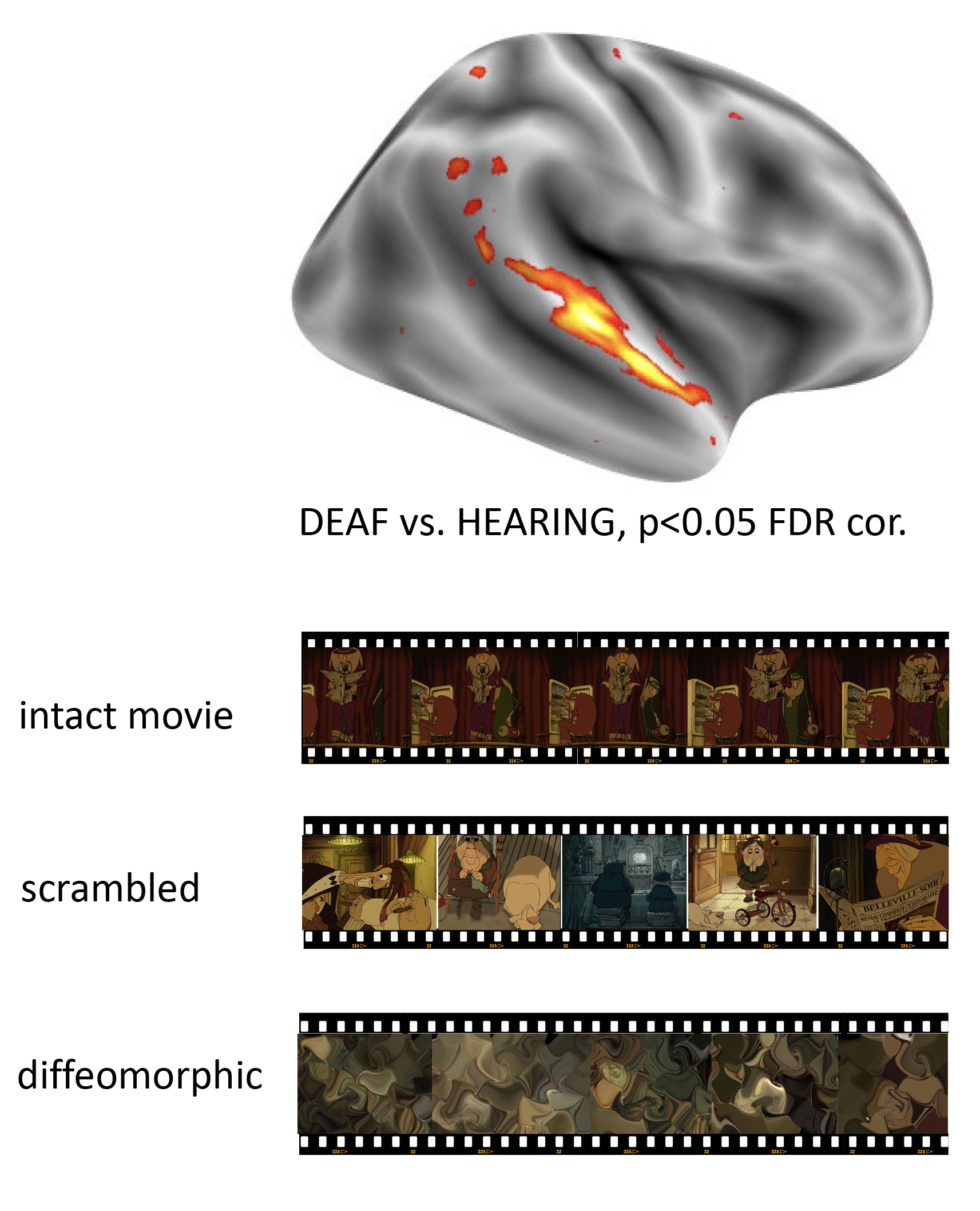
My team is looking for a person who will continue our current research on brain plasticity in deaf individuals. This work uses natural stimuli, for example, in our last experiment, we used half-hour animated movie without dialogue (“The triplets of Belleville”). We offer a possibility to work on a PhD using this novel and exciting research method (see Hasson et al., Projections, 2008; Baldassano et al.., 2017) that uses techniques such as machine learning and Hidden Markov Modelling, in a strong, international scientific team.
The research will be a continuation of our previous work on mechanisms of brain plasticity in deaf individuals (Bola et al., 2017, Zimmermann et al., 2021). We plan to use functional magnetic resonance imaging (fMRI). The project will be carried out in cooperation with the team of prof. Christopher Baldassano (Columbia University, NYC, www.dpmlab.org/), the Nencki Institute of Experimental Biology PAN In Warsaw (prof. Artur Marchewka, lobi.nencki.gov.pl/) and with the Research Laboratory on Polish Sign Language on University of Warsaw (team of prof. Piotr Tomaszewski).
The position is at Institute of Psychology at Jagiellonian University in Cracow and must lead to a preparation and a defense of a PhD thesis under my supervision. The salary is 4000 PLN/month (scholarship), payable under a grant from the National Science Center (NCN). The winner of the competition will be required to submit a parallel application to the PhD program in the School of Social Sciences at the Jagiellonian University (https://social-sciences.phd.uj.edu.pl/en_GB/). Securing entry into the Doctoral School will be associated with additional funding.
Expectations towards candidates:
1. Programming skills (especially experience with Python or Matlab) and statistical skills. Advanced mathematical and programming skills would be an advantage (bioinformatics, mathematics, physics, engineering, etc.).
2. Knowledge of English language. Knowledge of spoken Polish as well as of Polish Sign Language would be an advantage, however it is not required.
4. Mobility: candidate will be obligated to stay few weeks per year abroad (travels on the expense of the laboratory).
5. Appreciated but not required: experience in advanced image analysis and/or time series analysis and experience in designing and analyzing psychological experiments, especially fMRI experiments.
Candidate must either hold a Masters’ or equivalent degree or be a last year Masters’ student in a fields such as: psychology, neurobiology, biology, physics, computer science, biophysics, bioinformatics, mathematics, engineering and other related.
Interested candidates are encouraged to send a CV and contact details (phone number/email) of a person that could provide an opinion about a candidate (thesis supervisor, lecturer of a favorite class) to m.szwed@uj.edu.pl. Applications will be reviewed until a suitable candidate will be selected. The project start date is flexible, however June or September 2023 is preferred.


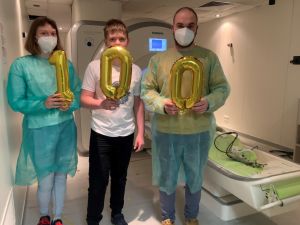 We are pleased to announce that the hundredth child was tested in the NeuroSmog project under the supervision of Marcin Szwed. In this project, the team is studying the neural changes in developing brains caused by air pollution. To read more about this project visit the
We are pleased to announce that the hundredth child was tested in the NeuroSmog project under the supervision of Marcin Szwed. In this project, the team is studying the neural changes in developing brains caused by air pollution. To read more about this project visit the 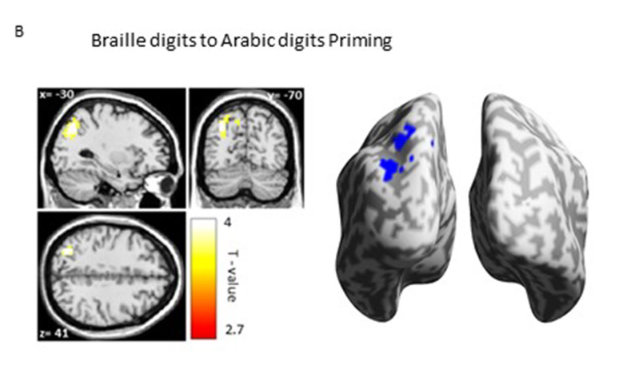 A new article of the Szwed Lab has been published in the Scientific Reports journal. This study continues the previous project on numerical cognition. The participants were sighted people who can read Braille - a very unique population. Katarzyna Rączy studied the processing of numbers perceived in visual and tactile modalities, this time using the MRI technique. For more information please see the
A new article of the Szwed Lab has been published in the Scientific Reports journal. This study continues the previous project on numerical cognition. The participants were sighted people who can read Braille - a very unique population. Katarzyna Rączy studied the processing of numbers perceived in visual and tactile modalities, this time using the MRI technique. For more information please see the 
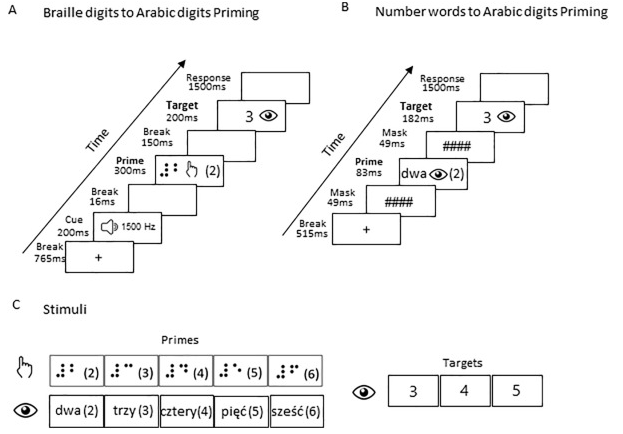
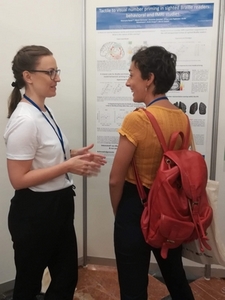
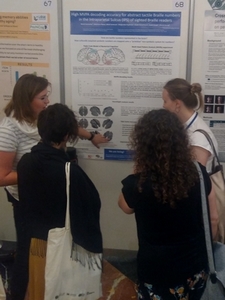
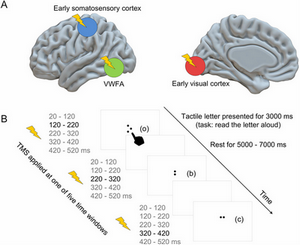
 We are happy to inform that
We are happy to inform that 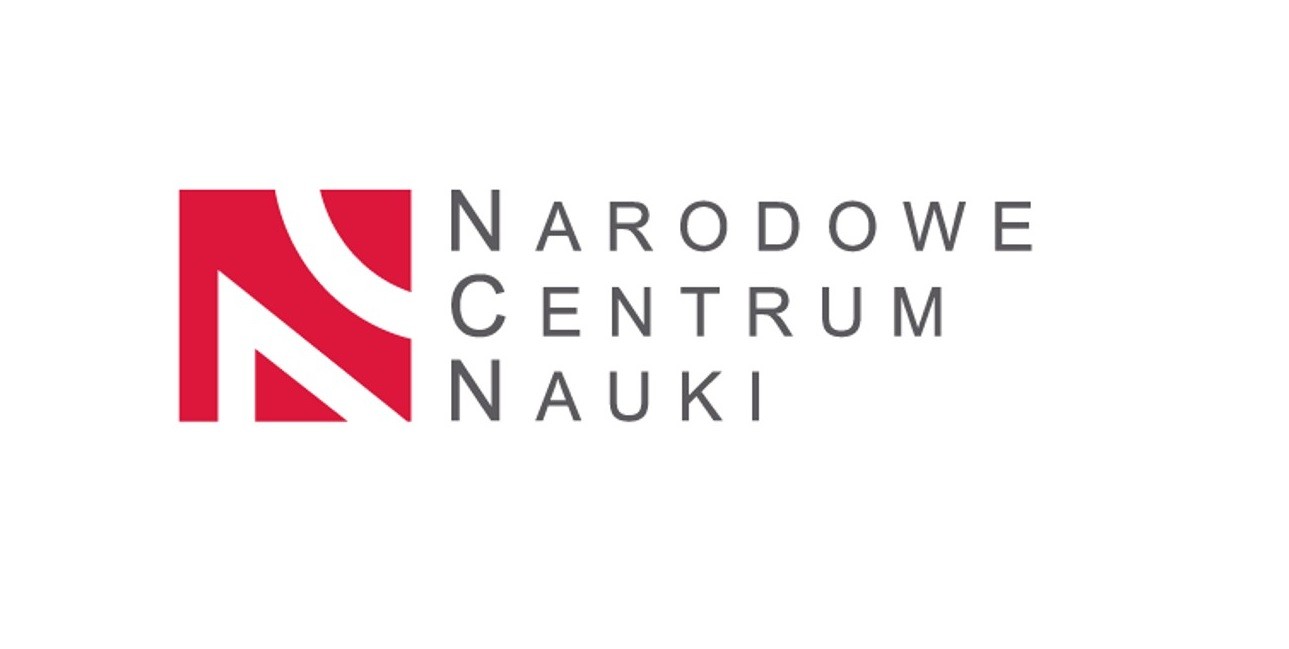
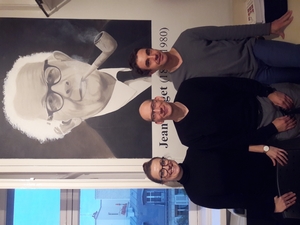
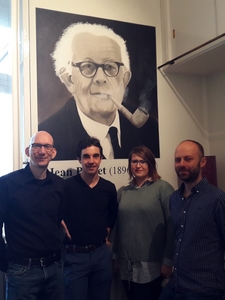
 In October 2018 a group of representatives of the lab participated in the The Blind Brain Workshop in Lucca, Italy. Overall purpose of The Blind Brain Workshop is to highlight how the view of the brain has changed from the study of the sensory deprived model. Marcin Szwed presented the work of the lab in a speech titled "The blind cortex, the deaf cortex: between task-specificity and new capacities". Maria Zimmermann presented her work on rhythm processing. Participants had an opportunity to learn about the research of the greatest specialists of the field of neuroplasticity. For more information please see the
In October 2018 a group of representatives of the lab participated in the The Blind Brain Workshop in Lucca, Italy. Overall purpose of The Blind Brain Workshop is to highlight how the view of the brain has changed from the study of the sensory deprived model. Marcin Szwed presented the work of the lab in a speech titled "The blind cortex, the deaf cortex: between task-specificity and new capacities". Maria Zimmermann presented her work on rhythm processing. Participants had an opportunity to learn about the research of the greatest specialists of the field of neuroplasticity. For more information please see the 
